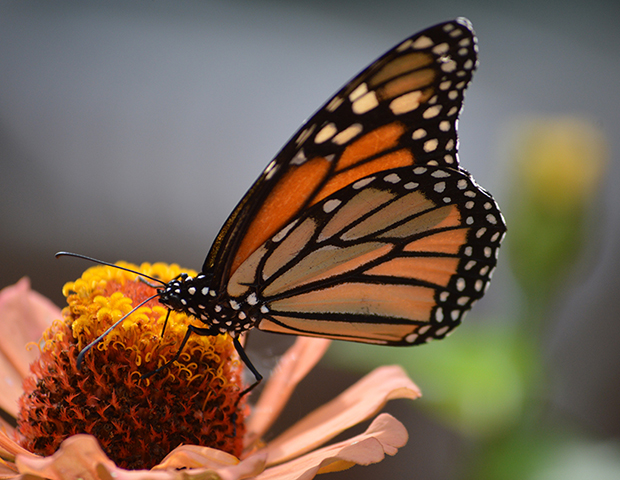Launch of the LIB in Hamburg and Bonn
© pixabay
The future Leibniz Institute for the Analysis of Biodiversity Change (LIB) with sites in Bonn and Hamburg officially begins operations today. When the state treaty between North Rhine-Westphalia and the City of Hamburg comes into force, the Centre for Natural History (CeNak) of the University of Hamburg will be merged with the Zoological Research Museum Alexander Koenig – Leibniz Institute for Animal Biodiversity in Bonn. The core task of the LIB will be to jointly research global biodiversity change across locations and to disseminate the findings to the wider society in an educational manner.
Prof. Dr Bernhard Misof, Director General of the LIB: “With the LIB and its museums in Bonn and Hamburg, we have the opportunity to shine into society as a beacon of excellent, collection-based research. We develop cross-location and cross-thematic knowledge and guidance for tackling major societal challenges such as the progressive loss of biodiversity and environmental changes, including those caused by global warming. On these and other topics, we would like to enter into exchange with citizens and live our guiding goal of “biodiversity in dialogue”. We can all very much look forward to new opportunities to closely interweave research, collection, exhibition and outreach and to work together on a whole new form of research museum.”
With the launch of the LIB, extensive investments are planned in networking the two sites and renewing the infrastructure to enable excellent cross-site research. Around 90 new positions will be created by 2027, most of them at the Hamburg site. To this end, the Federal Government and the Länder will each provide an additional 8.8 million euros per year, half for the expansion in the final stage. In addition, the state of Hamburg is committing around 3 million euros annually, especially for museum tasks. The results of the new LIB are to be presented to the general public at both locations. The city of Hamburg is planning a new natural history museum for this purpose. The exact location is still open and is to be discussed across authorities. At the Bonn site, the building of the Museum Koenig is to be renovated. In addition, a new research building for the ZFMK is currently being built at the Bonn-Poppelsdorf site.
In summer 2020, the Joint Science Conference of the Federal Government and the Länder (GWK) had decided in favour of this merger of two research museums with locations in Hamburg and Bonn. The Leibniz Association had given the green light a year earlier.
To the joint press release of the Hamburg Science Authority and the NRW Science Ministry:



